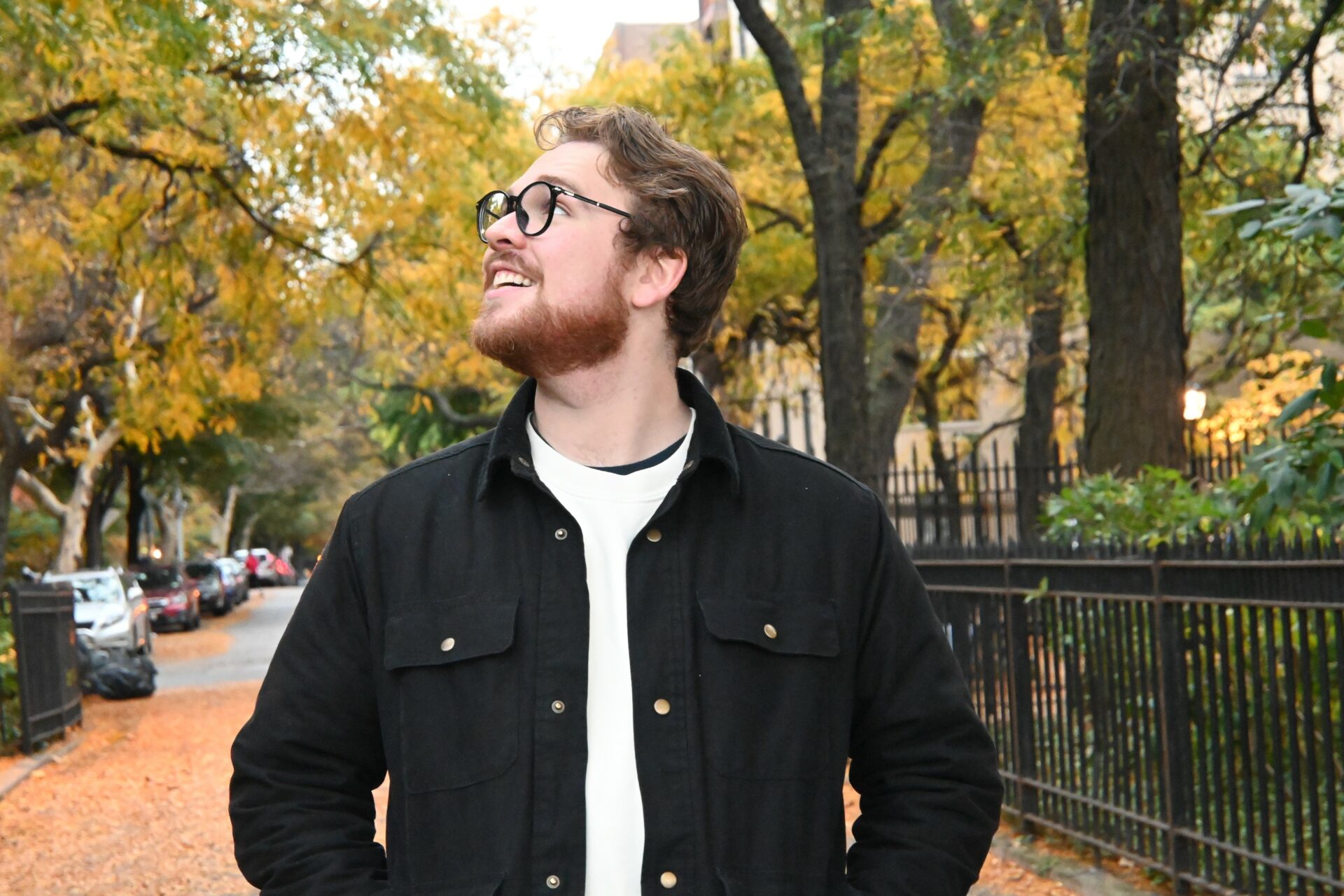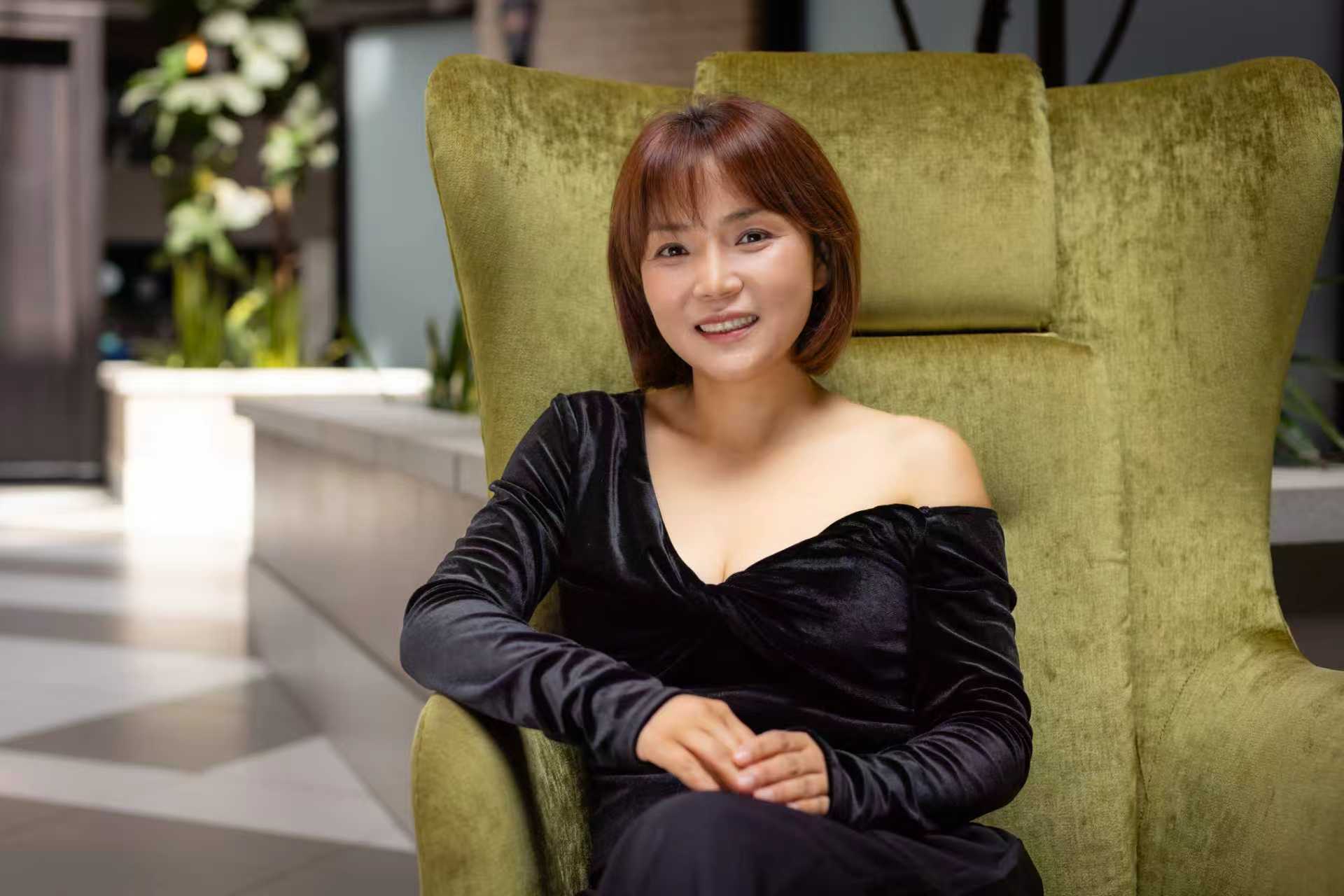We recently connected with Josué Vera and have shared our conversation below.
Josué, first a big thank you for taking the time to share your thoughts and insights with us today. I’m sure many of our readers will benefit from your wisdom, and one of the areas where we think your insight might be most helpful is related to imposter syndrome. Imposter syndrome is holding so many people back from reaching their true and highest potential and so we’d love to hear about your journey and how you overcame imposter syndrome.
I don’t think it’s something I’ve overcome or don’t have anymore. I’m just more comfortable having it. Imposter syndrome is one of those things that I think lessens over time but, at least personally, doesn’t fully go away.
The more decisions we make and experience we acquire, the more confident we are in those decisions. And frankly that also includes making mistakes. In my opinion, what distinguishes a professional is their ability to own up to their mistakes and taking responsibility for them. Through this, we gain more confidence in what works and what doesn’t, and best of all, how to adapt to problems as they arise.
Because at the end of the day, Imposter Syndrome is the fear of messing up, it’s feeling that you don’t belong at what you do because other people will be more competent, more perfect. When you realize that mistakes and situations will come regardless of who’s at the helm, and what matters is how you overcome those problems and adapt to them, then that fear starts to lessen. It’s always going to be there to some extent, especially as the projects become bigger and the stakes keep rising. Rather than have it paralyze you though, you start using it to make you aware of what needs attention.
Let’s take a small detour – maybe you can share a bit about yourself before we dive back into some of the other questions we had for you?
I’m an NYC based media composer. I make music for stories and media that are looking to reinforce their narrative arc and overall emotional feel. Whether it’s making players feel empowered, podcast listeners be intrigued, or film goers empathic with a character, what I look for is to help the audience suspend their disbelief and open themselves to a range of emotions.
As of late I’ve been really focused around music for video games. I really like figuring out how to make the music behave based on inputs, while still composing it so it feels linear. For me, I feel like it’s pushing the notion of how music can exist and change, and even what it can be. It’s like a musical / logical puzzle, all the while contributing to a story, a feeling, a vibe, that people experience through this medium. That’s exciting! There’s a lot of potential and possibilities in interactive music and game design. Currently working on two video games and I’m looking forward to seeing where we end up!
On that same train of thought, I’m in love with storytelling and constantly look for chances to be involved in its creation process. Right now, I’m co-producing this podcast called Shrouded Stories: Beyond the Great Wall, premiering on February 8th on all major streaming platforms. It’s a collection of audio stories retelling classic Chinese mythology tales. We researched, translated, and recorded these hard-to-find tales, and then we made them into bite-sized stories! Really grateful to my friends and colleagues Shuhui Yao (co-producer), Andrew Goehring (English narrator), and Sulwyn Lok (music composer).
There is so much advice out there about all the different skills and qualities folks need to develop in order to succeed in today’s highly competitive environment and often it can feel overwhelming. So, if we had to break it down to just the three that matter most, which three skills or qualities would you focus on?
My first advice is to put yourself out there. Go to events, meet people, sign up for volunteer work. There’s the old saying that “luck is what happens when preparation meets opportunity”. Only by being in places where opportunities happen will you find luck. This is not to say that you should ignore practicing your craft. That’s still important. Everyone I’ve met on my line of work will tell you that they are where they are, to some extent, because they had luck. However, they were prepared (or put in the effort to be prepared) to be able to handle the responsibility that comes with sudden opportunities.
Following this train of thought, my second piece of advice is to focus on community. Be genuinely interested in people. Be willing to try to meet people, to say hi, to present yourself. I know it’s difficult when we don’t have the social graces to move around social circles, but for those of us that don’t have those graces, it’s a learnable skill. And you must be willing to pass through that process and meet others. We’re all trying to make it. Whatever that means, that’s up to the individual. Fact of the matter is though: We don’t make it by ourselves. We rely on each other to make it. We need people that will understand us, and that are able to give us their perspective, and help us when we’re in need. Granted, we must also be involved and reciprocate.
Finally, my last piece of advice is to pay it forward. A lot of opportunities come because someone gave us a chance. As best we can, we should find ways to offer chances to others. If we see someone have either the potential or the skill set to be entrusted, we should explore that option. I personally view it as part of the cycle of being grateful, of growing together and helping each other.
Do you think it’s better to go all in on our strengths or to try to be more well-rounded by investing effort on improving areas you aren’t as strong in?
The thing is, skills don’t tend to live in a vacuum. They overlap with other areas and influence each other. I’m more of the opinion that you need to be overall well rounded, but intentional in what you choose to expand upon. Being well rounded doesn’t mean doing everything (or risk being mediocre at it), rather it’s about finding knowledge that complements what you want to focus on.
In my case, for example, I started out by focusing on composing music for films. I’ve made an effort to complement that by learning of other aspects of film making like editing and storytelling overall. I’ve also learned about sound design and implementation, which opened a doorway for video games. I then expanded upon this by learning about voice acting and audio directing. When I make music for films now, I bring all these different perspectives to how I approach composing, so that the work itself is richer. And if need be, I’m also able to bring these additional skills to the project. These chosen skills nurture the specialty I started with.
Contact Info:
- Website: https://www.josueveramusic.com
- Instagram: https://www.instagram.com/josueveramusic/
- Other: Follow our podcast! Youtube: https://www.youtube.com/@ShroudedStoriesPodcast
Spotify: https://open.spotify.com/show/4YMGCEBAbgrl5pgMM4Mcc0?si=d1061714168146d4
Apple Podcasts: https://podcasts.apple.com/us/podcast/shrouded-stories-beyond-the-great-wall/id1726472280
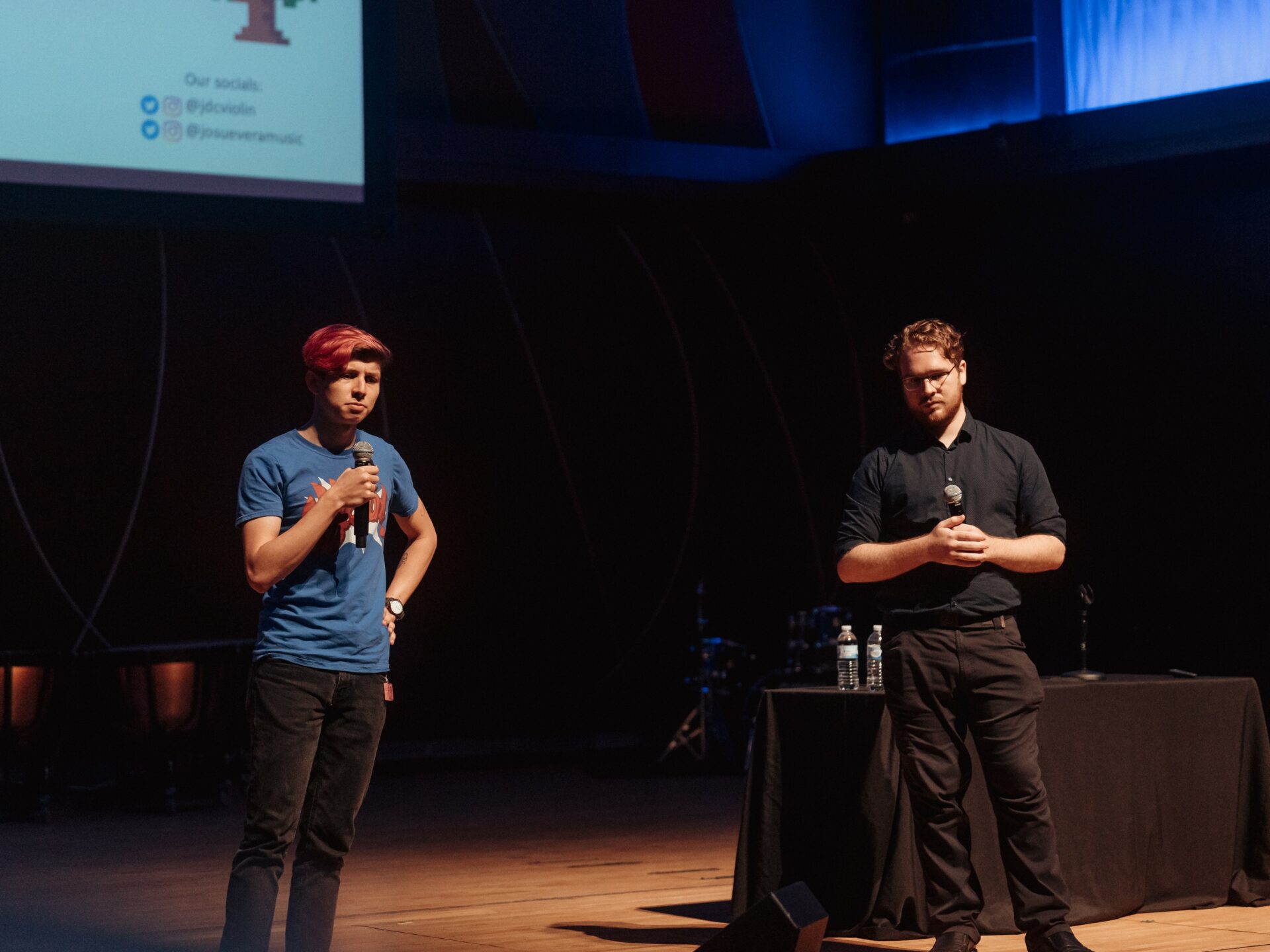
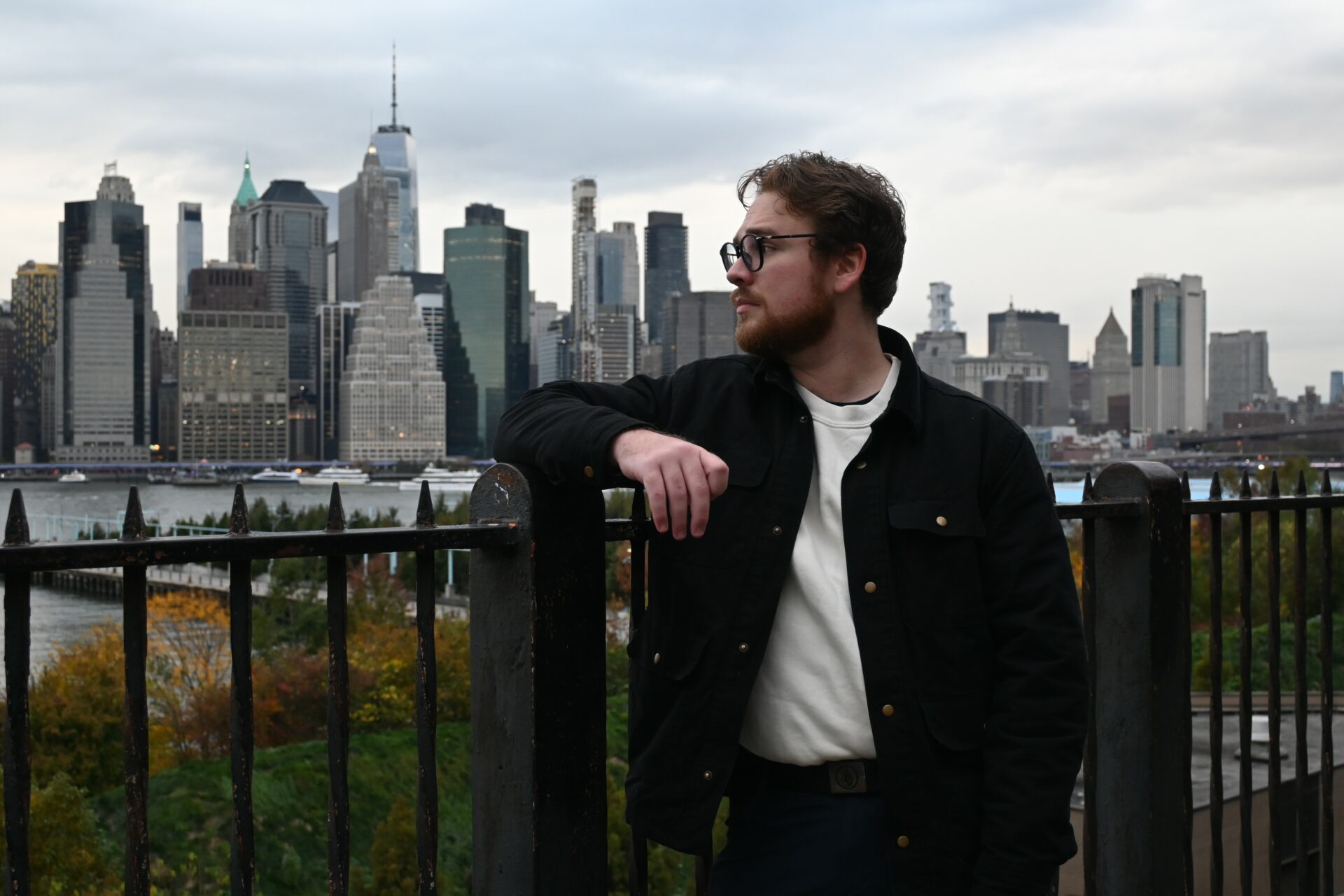
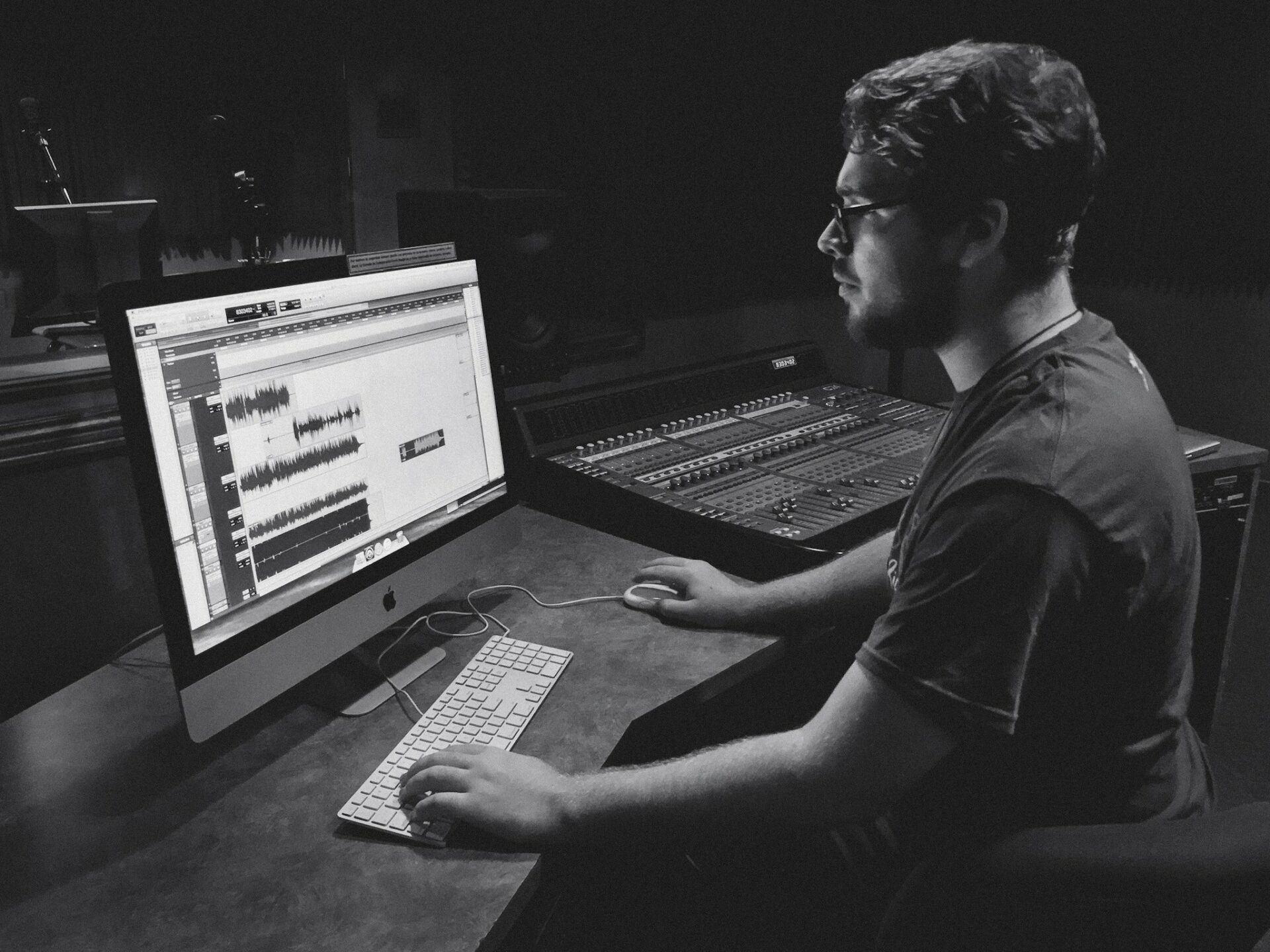
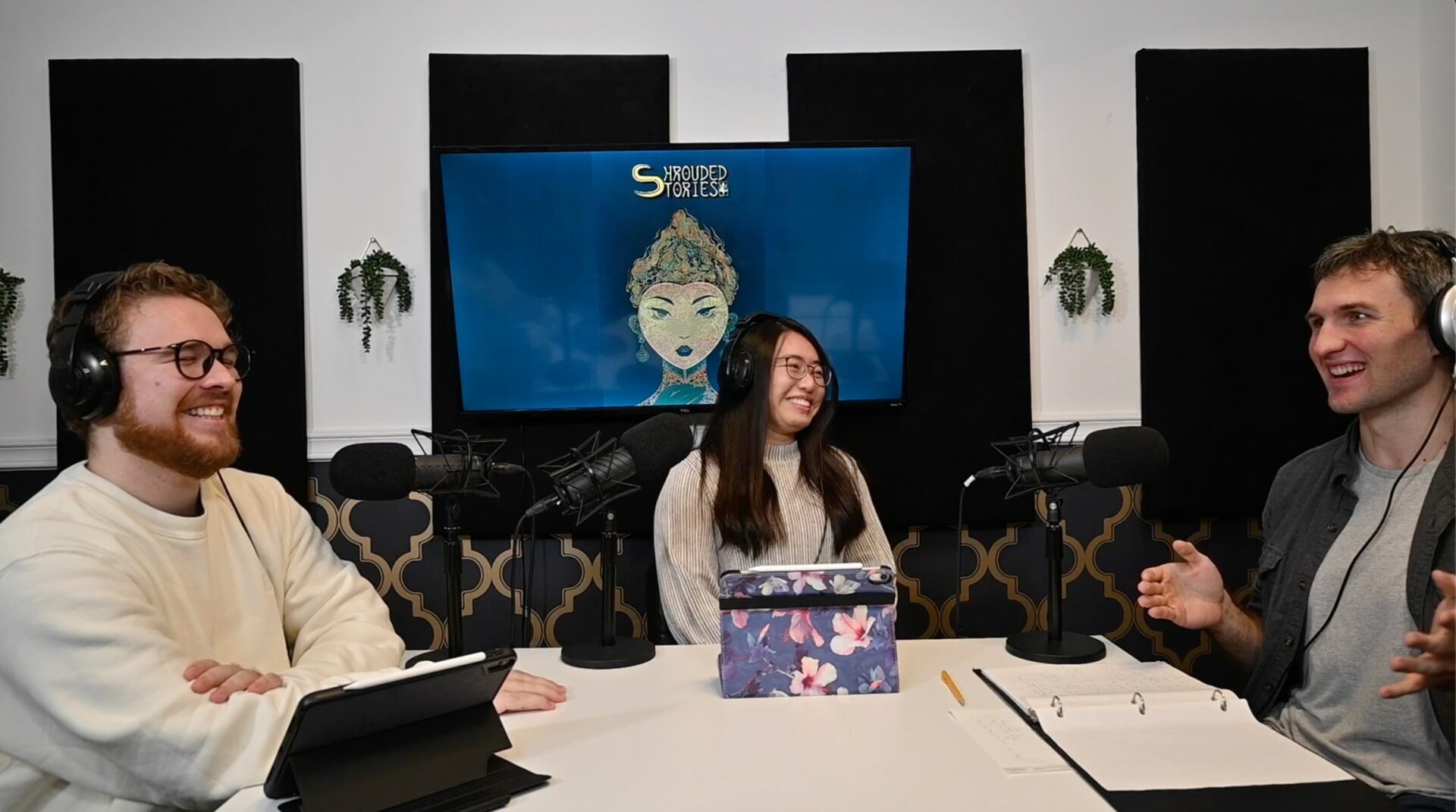
Image Credits
1. SOLSTICE 2. TIME.OF.DUSK

